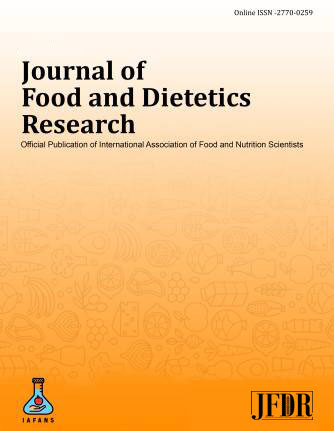Survey on consumer attitude and behavior and preferences about edible oil consumption in Hyderabad, India.
DOI:
https://doi.org/10.48165/Keywords:
Edible oils, refined oil, reusing oil, smoke point, acid valueAbstract
Background: Edible oils are an indispensable component of human diet it plays an essential role not only in nutrition but also acts as a medium of food preparation, preservation and adds to the organoleptic properties of foods.Objective: The present study explored the perception of consumers in terms of selection of edible oils and cooking practices with respect to their understanding of adulteration and awareness of proper disposal and handling of oil during and after the preparation of foods. Taking into consideration the effect of income and their knowledge of health and nutrition as well as their take on processing of edible oils Methodology: A questionnaire based on attitude, practice and knowledge was curated to obtain relevant information regarding buying practices and oil consumption pattern of the respondents in the city of Hyderabad. Results: Study concluded that 79% participants preferred branded oil over loose oil. 63% reported that they consider loose oil adulterated. Participants lacked knowledge about smoke point, acid value, and disadvantages of reusing oil. 63% subjects were reusing oil multiple time even after change in color, odor and change is consistency. Average intake of oil was found to be 1.3±85Kg/month, which is much higher than the recommendations made by ICMR-NIN RDA 2020 of 750g/month for a sedentary worker man.Conclusion: It is important to create awareness among consumer regarding the oil type and its properties. Consumers should also know right temperature at which food should be cooked and when to consider oil as unfit for further use. Choice of oil should not depend on promotions and advertisements, rather properties and other health benefits should be criteria.




